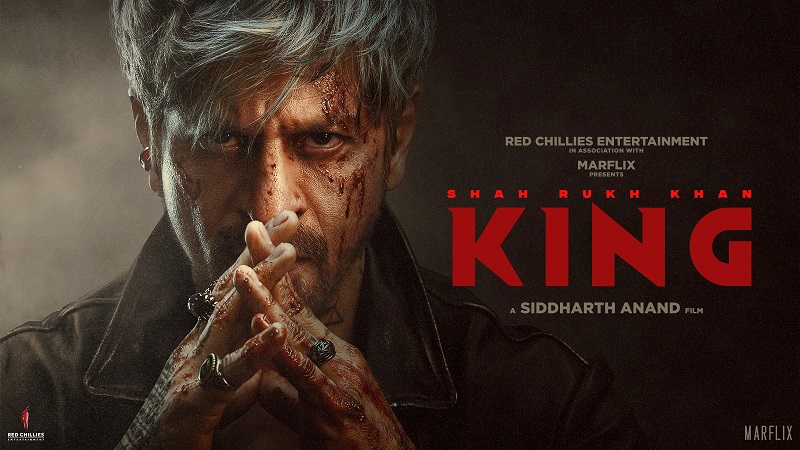The other day, I was chatting with some friends about movies and the newest Bollywood hit, Chennai Express. I had only ever read negative reviews of the new Shahrukh Khan and Deepika Padukone film, which described it as having brainless material and all-nonsense humor. However, the movie’s box office success seems to indicate differently, further challenging our preconceived ideas of what constitutes “excellent” and “poor” films.
Sincerity be told, I rarely watch comedies; instead, I like thriller, suspense, or action genres. I detest comedies so much that I don’t even bother reading reviews of Hollywood’s top comedies.
However, the comedies that the Indian film industry produces have unique tastes and flavors. Chennai Express is one of those films that takes you on a journey to nowhere but is nonetheless entertaining.
The key takeaway is that anytime we go to the movies during the weekend, as viewers, we undoubtedly want to have a good time with our friends and families. There are many distinct film genres, and not everyone may enjoy all of them, but ultimately what we look for in a movie is its entertainment value, not its technical details. Diverse filmmakers create distinct films for various audiences without anticipating the same response from every viewer. In the end, a movie is successful if it makes us smile, cry, or laugh.
Critics evaluate a movie based on a variety of factors, including the plot, the acting, the directing, and the overall quality of the production (in technical terms). As we encounter many viewpoints from film reviewers, which could be journalistic or scholarly criticism. They do examine and offer opinions on a film’s influence and appeal over time. However, as long as it amuses them momentarily, filmmaking doesn’t matter the most to the audience or moviegoers. Even while the script for Chennai Express isn’t particularly strong, it does have some entertaining parts.
We once again have movies this year that both critics and viewers adore, such as Bhaag Milkha Bhaag, Lootera, Raanjhanaa, and Yeh Jawaani Hai Deewani. The inspirational theme of the biography Bhaag Milkha Bhaag attracted both the crowd and the critics, who praised the performance, writing, and filmmaking. Despite the fact that Bhaag Milkha is a much superior movie, both Chennai Express and it are part of Bollywood’s 100 crore club. Similar to how Aashiqui 2 did at the box office despite receiving poor reviews from critics.
There is little doubt that a director’s vision for what is on offer dominates the rest, regardless of what one could debate about the scope of the release, the timing of a film’s release, or even the star cast’s potential influence on the audience on whether they accept or reject a movie. It is OK if director Rohit Shetty’s movies are solely intended for entertainment, comedy, and the usual masala mix of South India. Once more, it is up to us to decide what kind of movie we want to see before going to the theatre. We can choose to continue wearing our intellectual spectacles or to simply go as someone who can whistle well.





One thought on “Chennai Express (2013) | Our dilemma to rate masala entertainers over critically acclaimed”